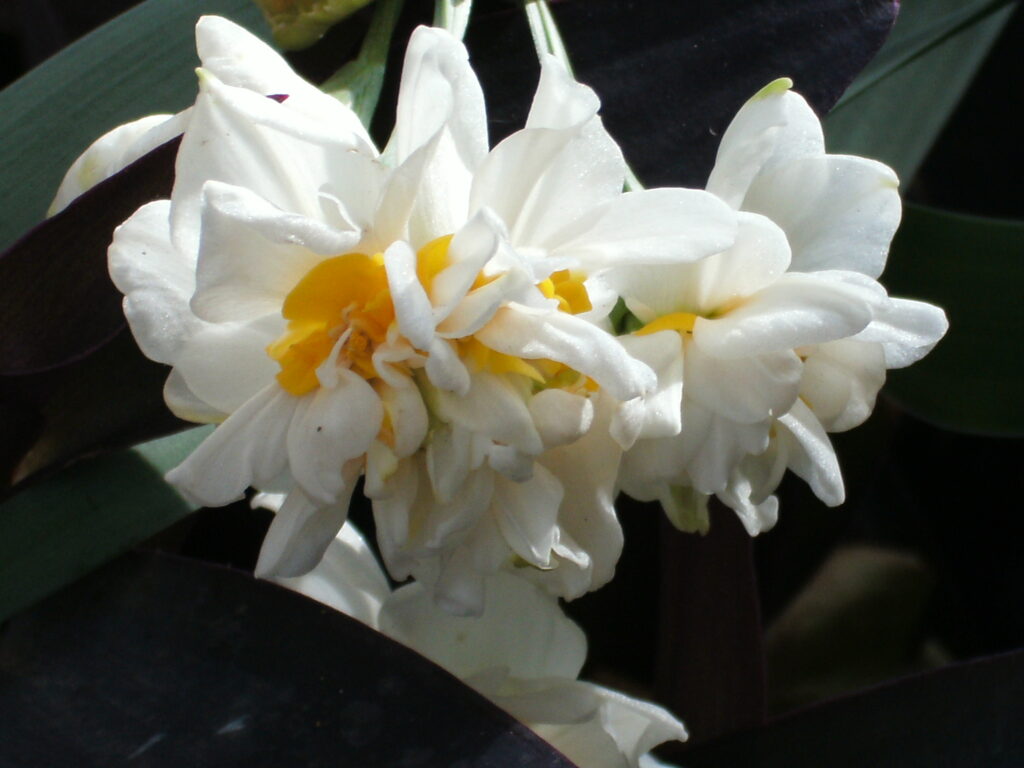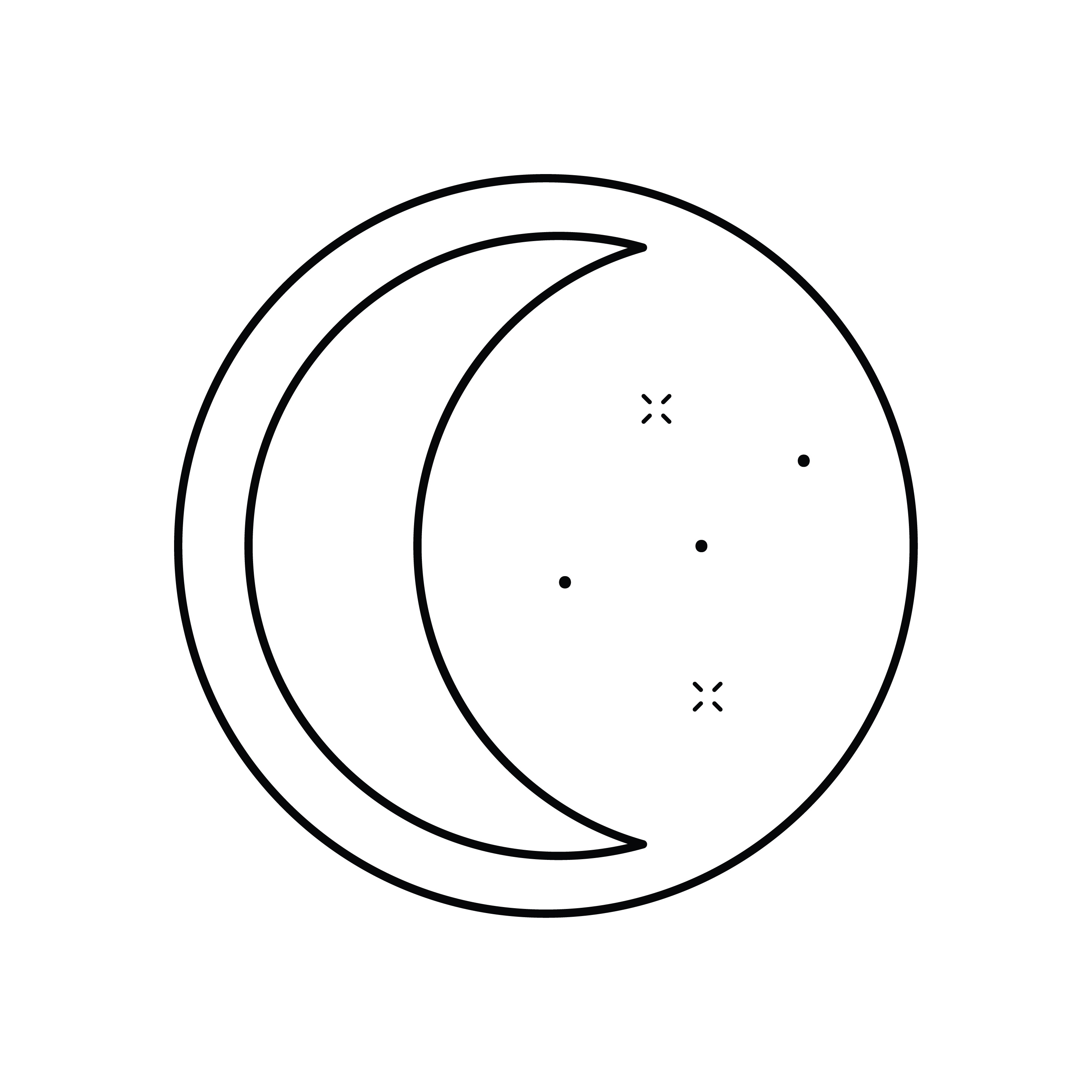
Original post 23.1.21
If we feel our connection to the rest of the world, if we are aware that humans are neither the only conscious life form on the planet nor the most developed one, if we really feel and experience our interbeing, how can we live with the ecological destruction we are wreaking? How can we live in light of our inevitable personal part in destroying our home? What are we to do when we can’t find a practical course of action?
It can be hard to avoid a sense of urgency or even panic, but reacting hastily, from our usual patterns, will only lead to more of the same. When we don’t know what to do, it’s better to slow down, ask, and listen deep and long for answers.
Part of the listening is inward, to ourselves. We each have our own calling. Instead of pushing ourselves or feeling wrong that we don’t do more or otherwise (reactions that spring from the habits of separation: the perception of scarcity of time, judgment that we are not enough, and belief that this is a struggle), we can listen calmly in the knowledge that when we hear the call to the right action for us, we will act. We will act because we want to act, we will be happy to act.
Some of the listening required is outward. We must learn to listen to the world again – to Gaia, to the planet, to the trees, to the birds, to the sea, to the place where we live. We must learn to approach with humility, curiosity, sincere desire, and a sacred awareness, so that they will speak to us and so that we will be able to hear. If we learn to listen, the world will tell us what is required of us, as it has told most of the generations of humans – our ancestors among them – who knew how to live in balance.
I again agree with Charles Eisenstein who says that it is less a matter of effort and more of a question of, in his words, “What are we invoking?” What reality are we calling for, what kind of world are we confirming with our perceptions, our beliefs, the stories we tell and live by? What are we validating? Our choices are the result of collective perceptions, and each of us has a part in the collective creation.
Another term in English that has become popular in recent years is decolonization, not in the sense of a political-political process, but rather a process of discarding concepts that were forced on us and we adopted when we lost our connection with the living world, what we call today nature. To a large extent this means recovering from the habit of separation. A few weeks ago I watched a movie in which a Cherokee man expressed this well when he said that as far as his people were concerned, they were not expelled from Eden, they were not condemned to toil by the sweat of their brows. To him, it’s insane to think that the Divine Father and Mother rejected and expelled us. Like everyone else, humans are Gaia’s beloved children, neither flawed nor rejected – nor unique, beyond the uniqueness of any other life form.
We are not exempt from extinction, we are not exempt from uncertainty, we are not exempt from death. Our society’s extreme addiction to comfort, control, instant gratification, and yes, even life, at any cost – not only leads to consuming an ever-increasing amount of resources and endangers us all – it cheapens our own lives. We have long stopped experiencing life as awe-inspiring. Most of us, most of the time, take life for granted, experiencing mostly routine and burden. It is rare that we wake up in the morning to a sense of holiness and joy.
Maybe that’s the key. When we recognize ourselves as part of the world, no less and no more, when we recognize the world as living, intelligent (far beyond ourselves, after all, we are only a small and very young part of it) and beloved, when it is clear to us that all other beings are our relatives – and with all this we are also awake to the enormous destruction that our way of life causes and the very real mass extinction and climate change already taking place, life ceases to be taken for granted and becomes precious again. If instead of panicking or despairing, we remember how to walk here with recognition and appreciation for every plant and every insect, every place for its uniqueness, and also for ourselves, with humility, love, and wonder – we will know how to live.
